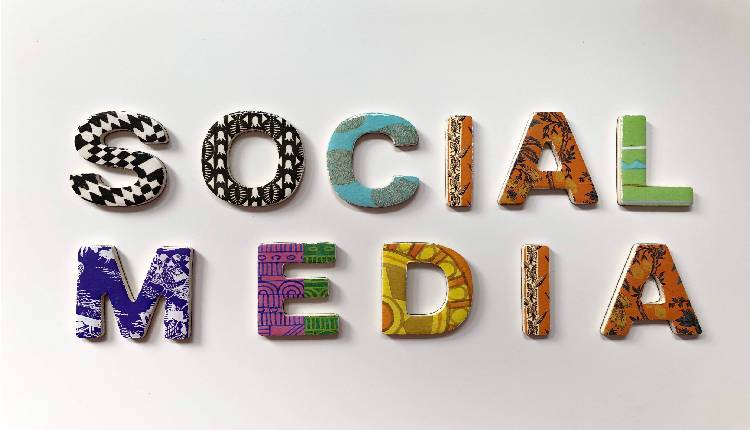President Donald Trump said he will introduce legislation that may scrap or weaken a law that has protected internet companies, including Twitter and Facebook, in an extraordinary attempt to regulate social media platforms where he has been criticized.
The proposed legislation is part of an executive order Trump signed on Thursday afternoon. Trump had attacked Twitter for tagging his tweets about unsubstantiated claims of fraud about mail-in voting with a warning prompting readers to fact-check the posts.
Trump wants to “remove or change” a provision of a law known as Section 230 that shields social media companies from liability for content posted by their users.
Trump said U.S. Attorney General William Barr will begin drafting legislation “immediately” to regulate social media companies.
On Wednesday, Reuters reported the White House’s plan to modify Section 230 based on a copy of a draft executive order that experts said was unlikely to survive legal scrutiny. The final version of the order released on Thursday had no major changes except the proposal for a federal legislation.
“What I think we can say is we’re going to regulate it,” Trump said before the signing of the order.
“I’ve been called by Democrats that want to do this, so I think you could possibly have a bipartisan situation,” said Republican Trump, who is running for re-election in November.
Twitter called the order “a reactionary and politicized approach to a landmark law” and said attempts to weaken Section 230 would “threaten the future of online speech.”
A Google spokeswoman said the order would harm “America’s economy,” while a Facebook spokesman said it would “encourage platforms to censor anything that might offend anyone.”
The order, as written, attempts to circumvent Congress and the courts in directing changes to long-established interpretations of Section 230. It represents his latest attempt to use the tools of the presidency to force private companies to change policies that he believes are not favorable to him.
“In terms of presidential efforts to limit critical commentary about themselves, I think one would have to go back to the Sedition Act of 1798 – which made it illegal to say false things about the president and certain other public officials – to find an attack supposedly rooted in law by a president on any entity which comments or prints comments about public issues and public people,” said First Amendment lawyer Floyd Abrams.
Jack Balkin, a Yale University constitutional law professor, said “the president is trying to frighten, coerce, scare, cajole social media companies to leave him alone and not do what Twitter has just done to him.”
Twitter’s shares ended over 4 percent down on Thursday. Facebook ended down 1.6 percent and Google parent Alphabet Inc (GOOGL.O) finished slightly up.
On Thursday, Trump said there is nothing he would rather do than get rid of his Twitter account but he had to keep it in order to circumvent the press and get his version of events to millions of followers.
He took to Twitter again Thursday night to cast doubt around voting by mail, tweeting the practice would lead to “MASSIVE FRAUD AND ABUSE” and “THE END OF OUR GREAT REPUBLICAN PARTY.”
The protections of Section 230 have been under fire for different reasons from lawmakers including Big Tech critic Senator Josh Hawley. Critics argue that they give internet companies a free pass on things like hate speech and content that supports terror organizations.
Social media companies have been under pressure from many quarters, both in the United States and other countries, to better control misinformation and harmful content on their services.
U.S. President Donald Trump speaks while attending a SpaceX mission briefing before attending the launch of a SpaceX Falcon 9 rocket carrying two NASA astronauts to the International Space Station at the Kennedy Space Center in Cape Canaveral, Florida, U.S., May 27, 2020. REUTERS/Jonathan Ernst
Twitter Chief Executive Jack Dorsey said on the company’s website late Wednesday that the president’s tweets “may mislead people into thinking they don’t need to register to get a ballot. Our intention is to connect the dots of conflicting statements and show the information in dispute so people can judge for themselves.”
After labeling Trump’s tweets, Twitter continued to add fact-checking and ‘manipulated media’ labels on hundreds of other tweets.
U.S. House Speaker Nancy Pelosi called Trump’s planned order “outrageous” and a “distraction” from the coronavirus crisis.
Under the order, the Commerce Department has 60 days to petition the FCC to adopt new rules and then the agency will review the petition. It could take anywhere from 12 to 24 months for the FCC to propose and adopt final rules.
Federal spending on online advertising will also be reviewed by U.S. government agencies to ensure there are no speech restrictions by a company.
- Advertisement -
- Advertisement -
If you have an interesting article / experience / case study to share, please get in touch with us at [email protected]
Advertisement



